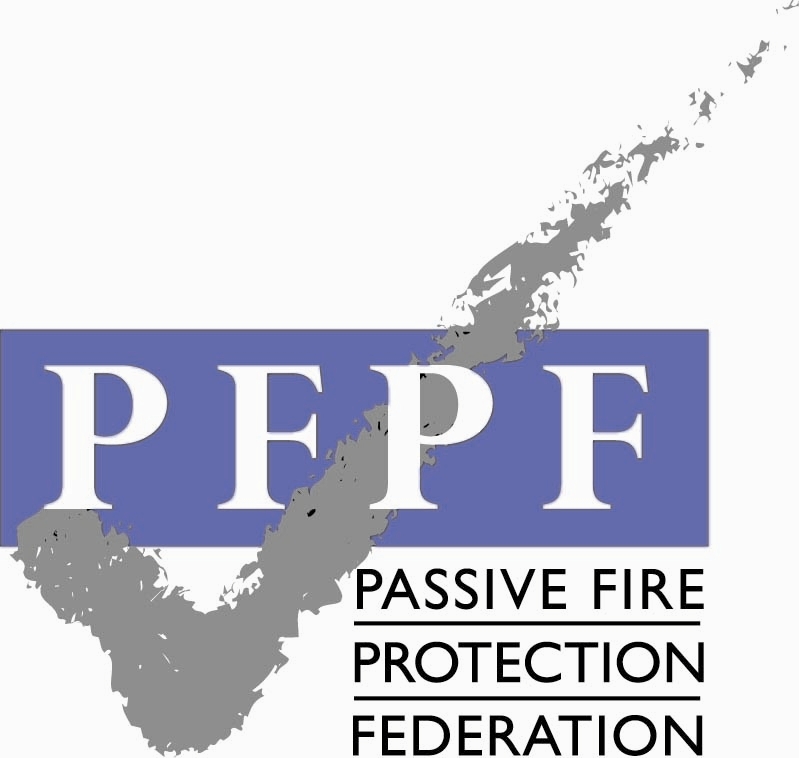With the EU Timber Regulation seemingly contradicting itself about whom is considered to be ‘First Placer’ when buying goods from outside the EU through an EU-based intermediary, BWF has been working to provide guidance for members who may be affected.
 The Timber Trade Federation (TTF) has supplied BWF with a briefing note that it believes is in line with the NMO’s current interpretation on first placing in relation to shipping terms. The note is relevant to UK buyers/customers who use EU based intermediaries to source products on their behalf, from outside the EU. It addresses which company is considered the first placer – the UK buyer or the intermediary.
The Timber Trade Federation (TTF) has supplied BWF with a briefing note that it believes is in line with the NMO’s current interpretation on first placing in relation to shipping terms. The note is relevant to UK buyers/customers who use EU based intermediaries to source products on their behalf, from outside the EU. It addresses which company is considered the first placer – the UK buyer or the intermediary.
The guidance is as follows:
“In many circumstances, when a product is sourced through such an intermediary, it is done so using C or F shipping terms, with the most common ones being CIF or FOB. Invoices are raised by the EU based intermediary to the EU/ UK based customer/buyer.
“Under such circumstances, our current interpretation is that it is the UK customer rather than the intermediary that is considered the first placer as effectively they would be the named party on the Customs clearance documents, paying the necessary duty and VAT, which is the trigger point for having those goods in free circulation (one of the criteria for products to be first placed).
“This means that it is the legal obligation of the EU based customer/ buyer to undertake Due Diligence rather than the intermediary. The fact that the UK based buyer is being invoiced by another EU based company is not the critical factor in identifying the first placer in these circumstances.
“There are ramifications therefore for organisations who may have previously considered themselves to be "traders" under such circumstances.
“In the circumstances described above where shipping terms such as CIF or FOB are used for goods arriving from outside Europe, it is up to the customer to decide whether they can rely on the Due Diligence System that has been undertaken on their behalf as effectively such businesses are outsourcing the management of complying with the EUTR to the intermediary company sourcing on their behalf.
“Where the customer chooses not to rely on the Due Diligence System that has been undertaken on their behalf such circumstances may prove commercially challenging for those intermediary organisations who may wish to keep their supply sources commercially confidential and not share this information with their customers. If this is the case, such intermediaries either need to provide the necessary information or consider restructuring future contracts to use shipping terms such as DDP where they become the named party for Customs clearance paying the necessary duty and therefore taking on the legal responsibility of First Placer.”
The TTF believe that this advice is in line with NMO interpretation. The NMO, who are responsible for enforcing the legislation, have passed a dossier of examples from timber traders through to the policy team at Defra, which is currently determining whether this issue needs to go back to the European Commission for clarification, or whether the guidance can be unpicked by their internal lawyers. BWF will provide further guidance as soon as it becomes available.
With the EU Timber Regulation now in force, BWF members can use our ‘easy guide to the EUTR’ with additional advice on how to comply with the regulation and links in to the resources that we are able to offer to BWF members to help them keep within the law.
The updated EUTR guide can be downloaded from our publications section:
www.bwf.org.uk/publications/general-business-support
Our 14 minute audio presentation and slideshow answers your FAQs on the EU Timber regulation and Chain of Custody certification. It covers why the EU timber regulation is so significant for manufacturers and suppliers of timber products, what the penalties for non-conformance could be, and it explains the benefits of FSC or PEFC Chain of Custody certification in ensuring traceability along the supply chain.
www.bwf.org.uk/-the-eutr-and-chain-of-custody
Members seeking further clarification should ring the free-to-members BWF helpline
You can also find out more at the BWF Woodworking Conference 2013 (Members' Day), on 25th April, where we will be holding a presentation (Workshops B and N) covering the EU Timber Regulation and how the enforcement of the regulation is likely to work. Each BWF manufacturing member receives one free ticket to the event if they register in advance. Book your place at Members' Day now.








